|
As the world continues to battle COVID-19 and its effect on life as we used to know it, the World Health Organisation keeps urging nations to buy test kits and increase the number of tests conducted daily. While testing is central to the fight against COVID-19, Doyin Odubanjo explains that there are many factors to consider, especially by African countries, when deciding what to prioritise in efforts to curtail the spread of the disease.
Physicians around the world are taking note of COVID-19 patients who have lost their sense of smell, known as anosmia, or taste, known as ageusia. Steven Munger and Jeb Justice write that it's too soon to know for sure whether losing your ability to smell or taste things is in fact a symptom of this new disease. They also offer some advice on what to do if this happens to you.
|
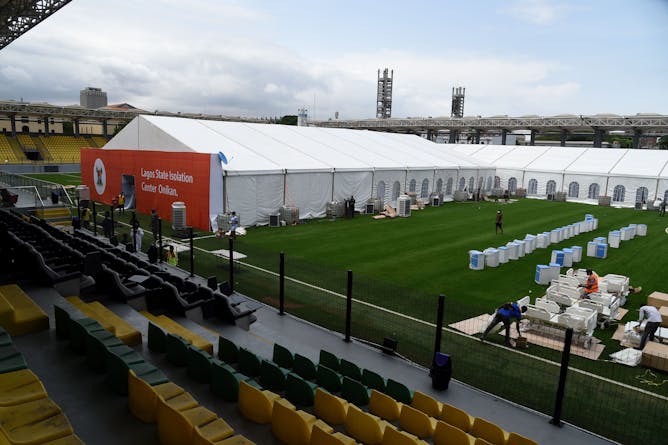
An aerial view of a new isolation and treatment centre established by the Lagos State government at the main bowl of the state-owned Stadium.
Pius Utomi Ekpei/AFP via Getty Images
Doyin Odubanjo, Nigerian Academy of Science
While testing is central to the fight against COVID-19, there are a myriad of factors to consider, especially by African countries, when taking decisions to curtail the spread of the disease.
|
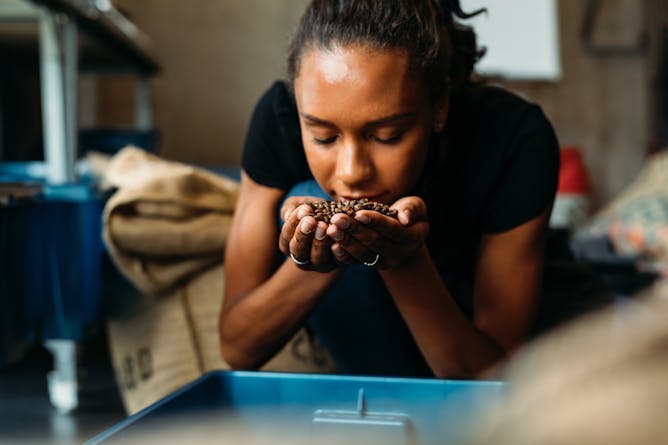
Can you smell this?
Getty Images
Steven D. Munger, University of Florida; Jeb M. Justice, University of Florida
Patients who later test positive for COVID-19 are reporting early loss of smell and taste. Researchers are now trying to understand if this could be an early sign of the disease.
|
COVID-19
|
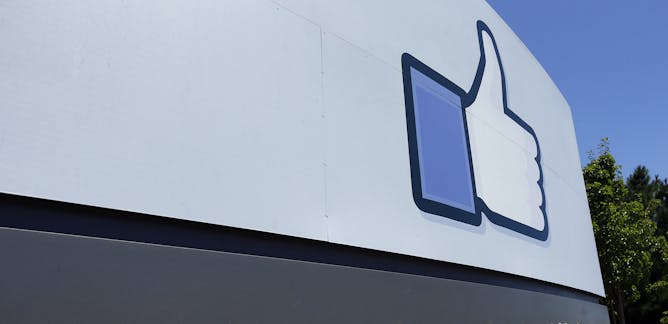
Bhaskar Chakravorti, Tufts University
Facebook, Google and Twitter are stepping up to block misinformation and promote accurate information about the coronavirus. Their track records on self-policing are poor. The results so far are mixed.
| |

Godelinde Gertrude Perk, University of Oxford
Some medieval Christian women locked themselves away in the name of their faith. Here are their insights into self-isolation.
|
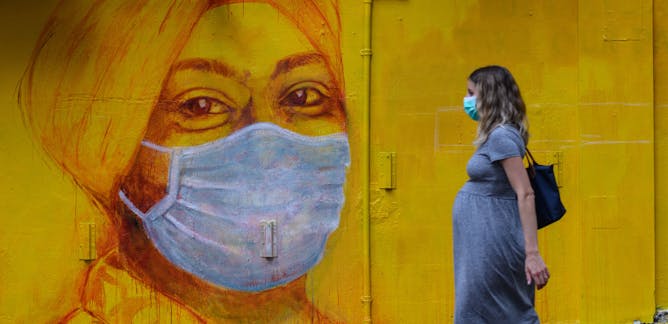
Hector Chapa, Texas A&M University
As the COVID-19 pandemic spreads, pregnant women are facing new health risks and a health care system that's changing around them by the day.
| |
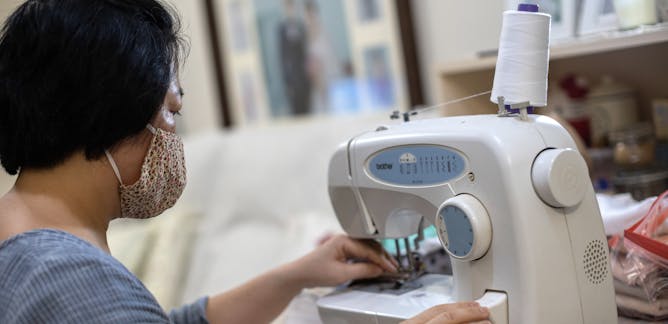
Emily Brayshaw, University of Technology Sydney
As hospitals face a global shortage of personal protective equipment, crafting communities are once again stepping up to the plate.
|
|
|
Science and Technology
|
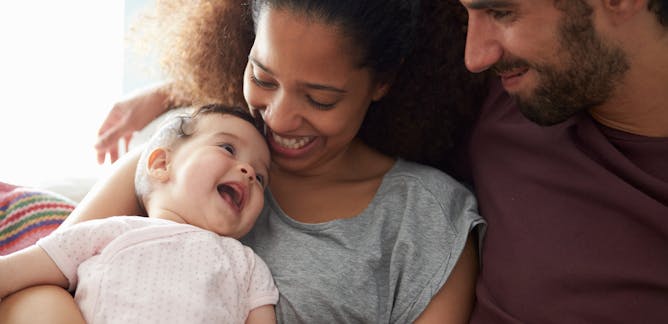
Marinus van IJzendoorn, University of Cambridge; Marian Bakermans-Kranenburg, Vrije Universiteit Amsterdam
Up to 35% of mothers and fathers don't fall in love with their baby immediately.
| |

Joanna Buckley, University of Sheffield
Three foods and some cool stuff you should know about them.
|
|
|
En Français
|
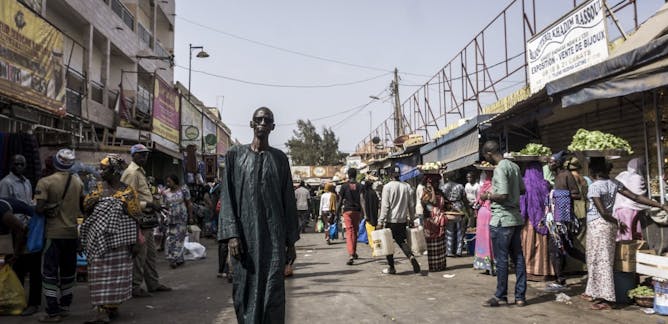
Sylvain Landry Birane Faye, Université Cheikh Anta Diop de Dakar
Si on peut comprendre l’utilité épidémiologique des mesures de distanciation sociale pour lutter contre le Covid-19 au Sénégal, leur acceptabilité sociale et culturelle reste à démontrer.
| |
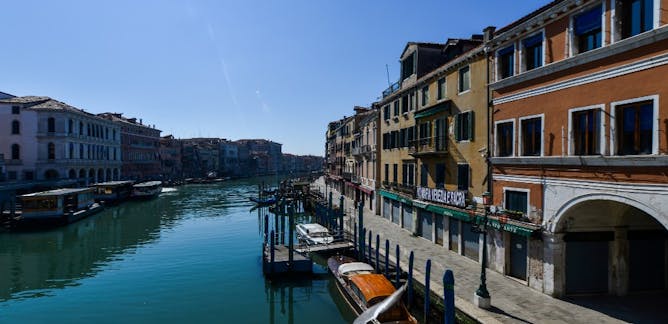
Cherine Fahd, University of Technology Sydney; Sara Oscar, University of Technology Sydney
Au temps du confinement, les images d’un monde figé dans le temps et abandonné par l’homme suscitent une étrange fascination.
|
|
|
En español
|
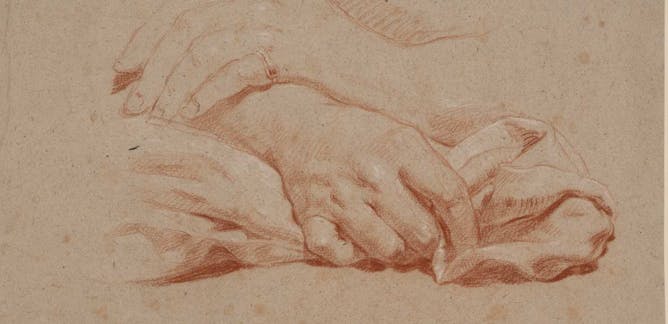
Ramón Ortega Lozano, Universidad Nebrija
Por mucho que repela a la lógica, hasta finales del siglo XIX los médicos no se lavaban las manos. El austriaco Semmelweis, que descubrió la importancia de la asepsia, murió desacreditado y enfermo.
| |
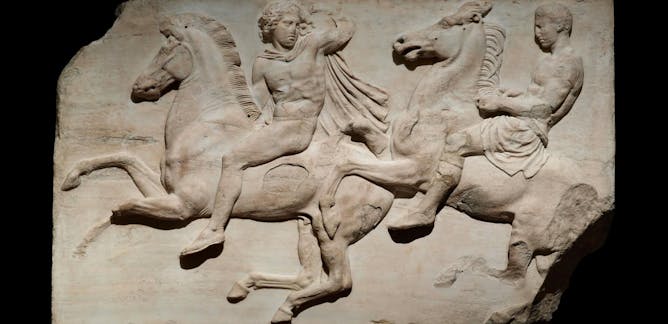
Marc Balcells i Magrans, UOC - Universitat Oberta de Catalunya
Amparados en el acuerdo entre el imperio otomano y el arqueólogo Thomas Bruce, los ingleses rechazan devolver los mármoles del Partenón. Pero ya no es posible escudarse en el pasado para justificar el expolio arqueológico.
|
|
|